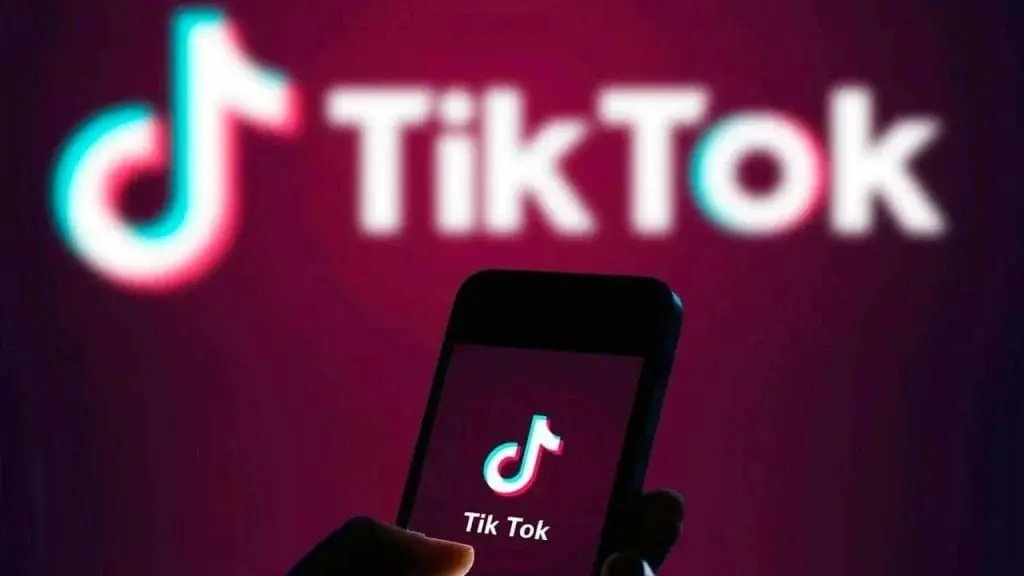The US House of Representatives has sparked renewed discussion surrounding TikTok by proposing a potential ban or sale of the app. This time, the bill has been linked to a crucial foreign aid package, elevating its importance and possibly expediting the process.
Revised Bill Key Points
The updated bill mandates ByteDance, TikTok's parent company, to divest the app within a year. In contrast to a previous bill that made it through the House in March but stalled in the Senate, this new version provides ByteDance with a longer timeframe to sell the app—should the bill be enacted. The House overwhelmingly approved the bill with a decisive 360-58 vote.
Senate Review and Potential Vote
The bill is now set to move to the Senate, where a vote may occur as soon as next Tuesday. Senate leaders are in the process of finalizing a timeline for the foreign aid package vote, which will ultimately decide the fate of the TikTok provision attached to it. President Biden has expressed his support for the bill if it successfully passes through Congress.
National Security Concerns and Opposition
The legislation perceives TikTok as a national security risk due to its Chinese ownership. Nevertheless, the prospect of a ban encounters significant pushback. With an estimated 170 million users in the US, as reported by TikTok, ByteDance is expected to challenge any potential measures. The company contends that a ban would infringe upon user free speech rights, impact numerous businesses leveraging the platform, and detrimentally affect the US economy to the tune of $24 billion annually. Critics of the bill argue that banning TikTok provides limited safeguarding of American user data.


Leave a Reply